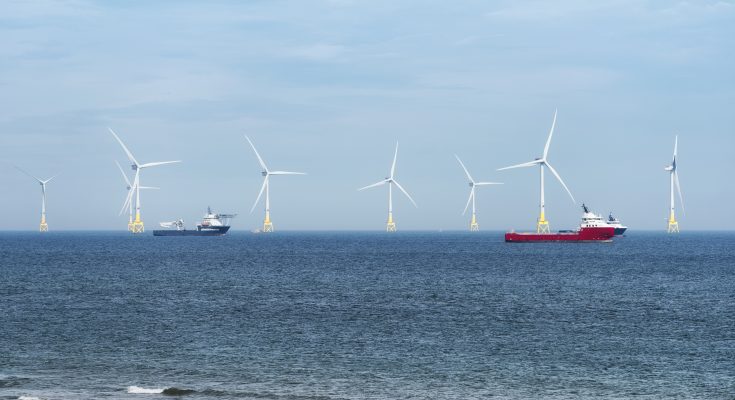Government invests £20 million to develop innovative zero emission vessels and clean port infrastructure.
- competition launched to develop innovations for a greener shipping future, including zero-emission vessels and clean port infrastructure
- maritime investment will drive economic growth and ensure the UK builds back greener from the coronavirus (COVID-19) pandemic
- comes as studies announced to support the recreational craft and offshore wind vessel sectors to transition to net-zero
Hydrogen-powered vessels and e-charge points at ports could soon become a common sight on our seas and in our coastal towns, thanks to a £20 million competition launched on 22 March to make innovative green maritime ideas a reality.
The fund will be used to support the development of prototype vessels and port infrastructure that could then be rolled out widely – propelling the sector towards net-zero, as the UK prepares to host the COP26 climate change summit in November.
The government is encouraging scientists and academics to collaborate with UK shipping, ports and shipbuilders to enter ambitious proposals into the competition:
- driving economic growth
- revitalising coastal communities
- creating 1000s of jobs
- positioning the country as a leader in the field
The trials will enable companies to test the new technologies, with a view to them being developed commercially if proven to be successful, helping us build back greener from the pandemic.
“We have a proud shipbuilding history and, together with industry, I am determined to build on that as we look to develop the innovations of the future and meet our net-zero target,” Transport Secretary Grant Shapps said. “We are revolutionising maritime technology and, from electric boats to hydrogen ports, we will change the way this country sails forever, and bring jobs and prosperity to the UK.”
The new competition’s launch comes as the government prepares to publish its transformational Transport Decarbonisation Plan, which sets out how all modes of transport – sea, rail, road and aviation – can make the switch to net zero.
Maritime Minister Robert Courts believes that this is a turning point for the UK’s maritime sector. In his view, it’s an opportunity for businesses to develop the technologies of the future, not only protecting our environment but driving economic growth.
The Maritime Minister confirmed the news ahead of the launch of 2 government-funded studies focused on achieving net-zero in both the recreational craft sector and offshore wind sectors.
Developed in partnership with the Carbon Trust, the new study on recreational craft, which will be published in late spring, will set out how the UK can overcome the barriers to the supply of, and demand for, zero-carbon recreational craft. It will make a series of recommendations to governments and industry, including using alternative fuels. Leisure boats and sports vessels are vital to the UK economy, worth almost £1.6 billion in annual exports and employing 40,000 people across the UK.
This follows the Prime Minister’s ten-point plan for a Green Industrial Revolution, which positions the UK at the forefront of shipbuilding and maritime technology to help push forward low carbon travel.
Tom Delay, chief executive of the Carbon Trust, said that the maritime sector should decarbonise by 2050. Large numbers of people are employed by the recreational craft industry, and the move towards a greener shipping future presents ample opportunities for the country to become a world’s leader in decarbonisation technologies.
The recreational craft sector encompasses a wide range of vessel types, and there are unique challenges that need to be overcome. A combination of targeted innovation support, cross-industry collaboration and regulatory and financial intervention will be needed to accelerate the development and uptake of low carbon technologies.
A separate study is being developed on the offshore wind sector, produced in partnership with the Offshore Renewable Energy (ORE) Catapult and Workboat Association. It will bring a coalition of industry partners together to break down the barriers to moving all operational and maintenance vessels working in the North Sea offshore wind sector to zero emissions by 2025.
Image: An offshore wind turbine farm on the Scotland’s coast of Aberdeen by Federico Rostagno / Adobe Stock


